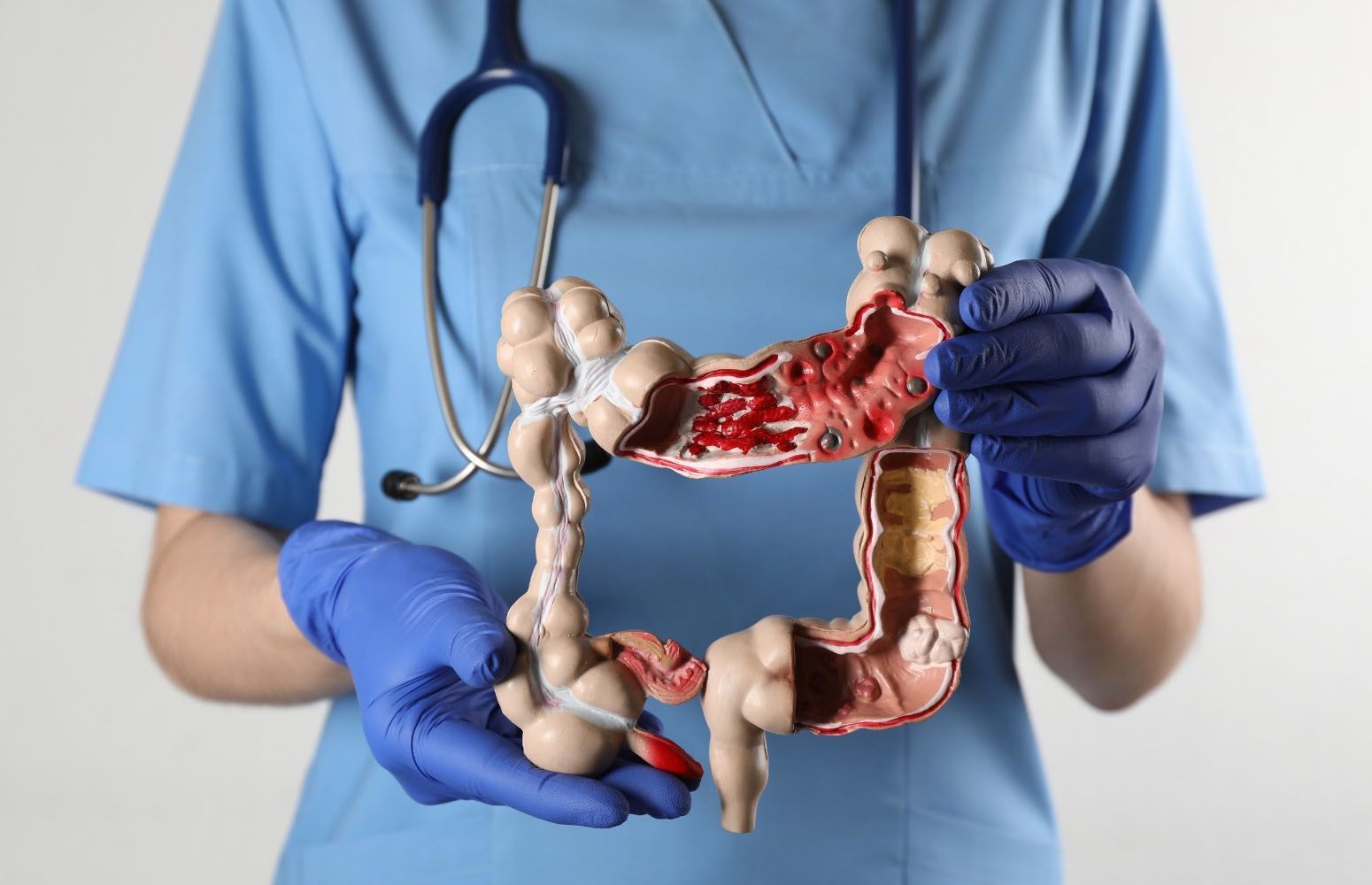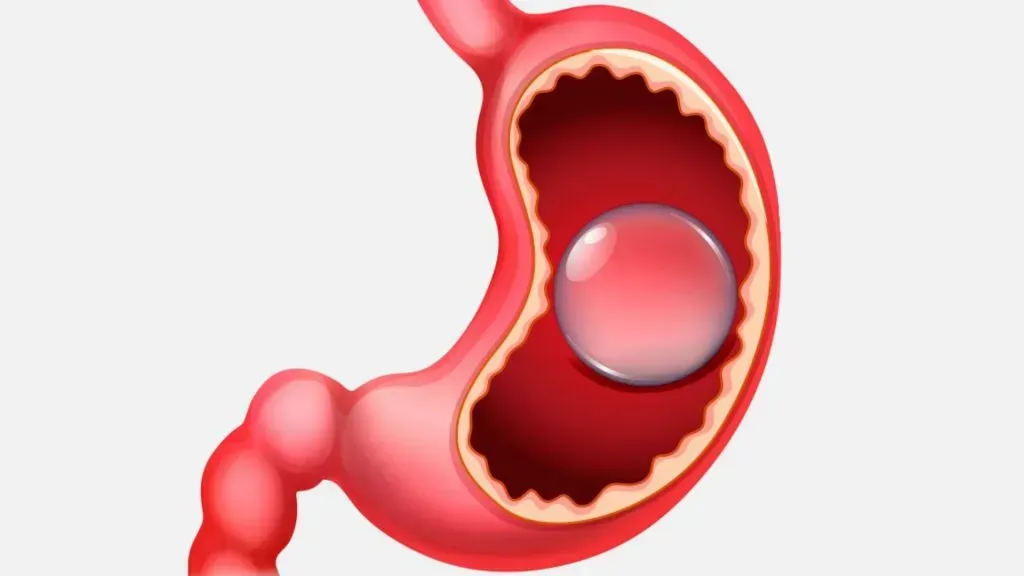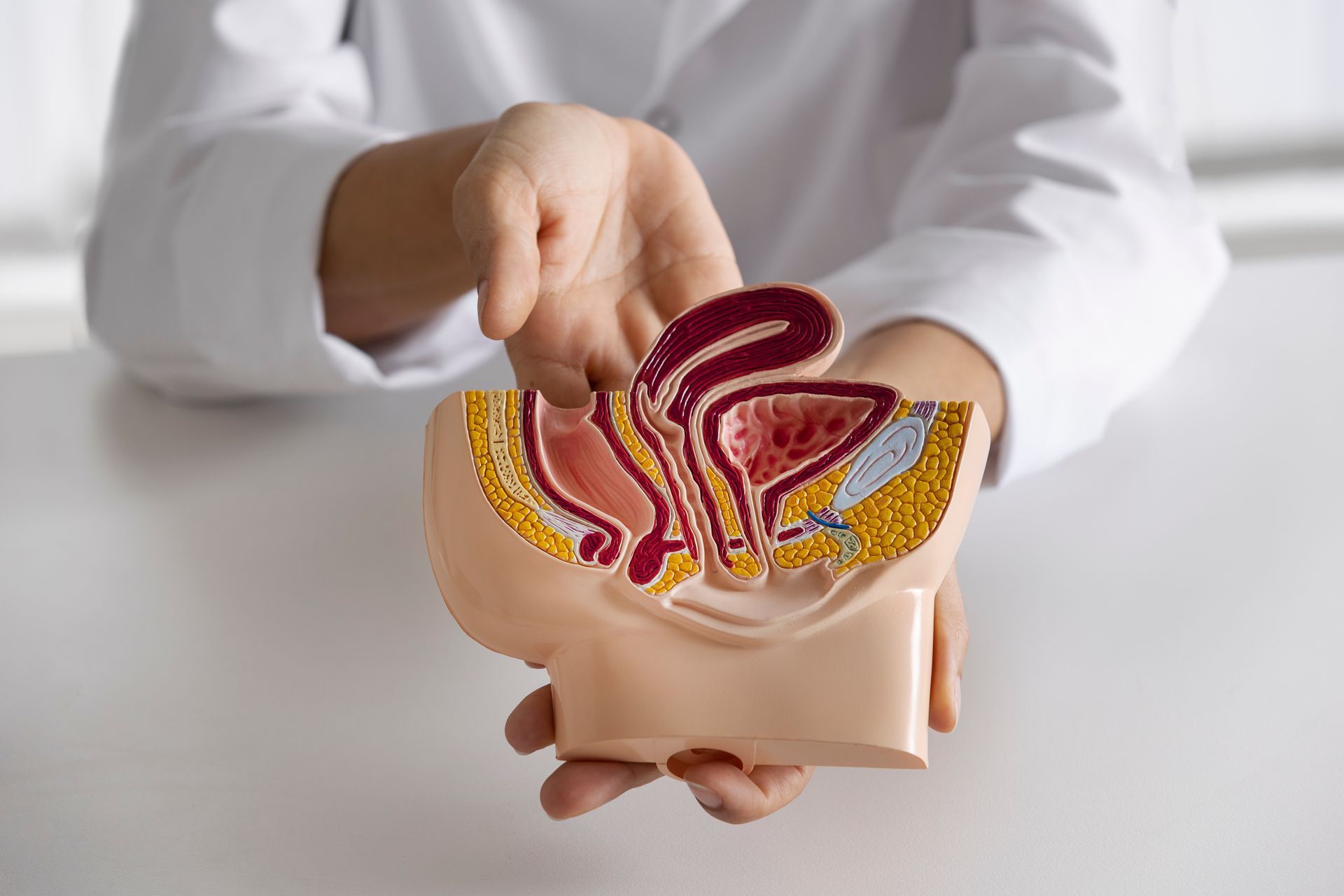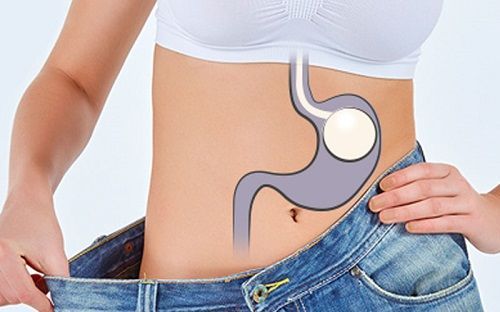Hemorrhoid Treatment: What to Know About Hemorrhoid Banding
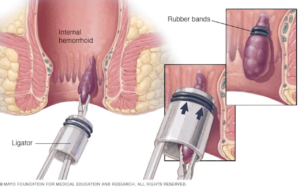
Hemorrhoid banding, also known as rubber band ligation, is a minimally invasive outpatient hemorrhoid treatment that eliminates hemorrhoids and helps prevent them from coming back.
Hemorrhoids are swollen veins in the lower part of the anus and rectum. They can cause discomfort, anal pain, and itching and tend to be more common as people get older.
People with hemorrhoids often treat them at home, but hemorrhoids sometimes do not respond well to home treatments. In these cases, hemorrhoid banding is an effective medical treatment option. However, the procedure may not be suitable for everyone.
In this article, we examine hemorrhoid banding, who needs it, and what to expect. We also look at the effectiveness of hemorrhoid banding and whether there are any alternative treatments.
Who needs hemorrhoid banding?
A gastroenterologist may suggest hemorrhoid banding if at-home treatments do not work.
Many people relieve their hemorrhoids with at-home treatments, such as:
- cold compresses
- sitz baths
- a high fiber diet
- over-the-counter (OTC) topical treatments
- oral pain relievers
A doctor may also recommend creams or ointments that contain witch hazel, hydrocortisone, or lidocaine to help ease pain and itching.
Hemorrhoids may not always respond to home treatments and remedies. In these cases, they may become increasingly itchy or painful.
Sometimes, they can start to bleed. If hemorrhoids are persistently bleeding or painful, the person may be a suitable candidate for hemorrhoid banding.
Hemorrhoid banding is only an option for internal hemorrhoids, not external hemorrhoids. Internal hemorrhoids form on the lining of the rectum and anus.
Preparation
Before the procedure, a person should talk to their doctor about any medications that they are taking, including OTC drugs and supplements. A doctor can advise them on which medications to stop taking in the lead up to the procedure and suggest alternative options.
A doctor will also provide guidance on what to do before going to the hospital. For example, they will advise the person to avoid food and drink for several hours before the procedure.
Finally, a person should talk to their doctor about whether they need general anesthesia.
The individual should plan to have someone accompany them to the procedure. It is also helpful to have support on the days immediately after the procedure.
What to Expect
Hemorrhoid banding is a relatively simple outpatient procedure, meaning that the person will usually go home on the same day.
Hemorrhoid banding typically takes place in the hospital. However, the procedure may sometimes happen at the doctor’s office or in another outpatient setting.
Usually, a healthcare professional administers local or topical anesthesia to the rectum. They might use general anesthesia if the hemorrhoids are causing significant pain or if there are several of them that require banding.
Once a person has received the appropriate anesthesia, the doctor will insert an anoscope into the rectum. The anoscope is a long tube with a light at the end that allows the doctor to locate and reach the hemorrhoid.
When the doctor has reached the hemorrhoid, they will insert a small instrument called a litigator through the anoscope. They will use the litigator to tie a rubber band around the base of the hemorrhoid. The doctor will repeat the process for each hemorrhoid that they find.
Typically, the entire procedure only takes a few minutes, but the exact time will depend on the number of hemorrhoids present.
Recovery
A person may experience extra gas after hemorrhoid banding.
Following the procedure, the hemorrhoids will start to dry up and then fall off. It can take a couple of weeks for this to occur. A person may not even notice passing the dried up hemorrhoid in their stool.
There may be some side effects after hemorrhoid banding, including:
- swelling or pain in the abdomen
- extra gas
- flatulence
- constipation
Some people may experience bleeding following the procedure. Although some bleeding is normal, if it does not clear within a day or two, a person should contact their doctor.
The doctor may recommend or prescribe a laxative following the procedure to help prevent constipation and gas.
Success Rates
A study in the journal Diseases of the Colon & Rectum found that hemorrhoid banding was successful in about 8 in 10 people.
However, up to 1 in 10 people may need surgery to remove their hemorrhoids following hemorrhoid banding.
Risks and Complications
Side effects are not very common with hemorrhoid banding. However, some reported side effects include:
- bleeding from the anus
- severe pain that does not respond to medications
- infection in the anus or surrounding area
- recurring hemorrhoids
- problems urinating
If a person experiences any side effects, they should talk to their doctor.
Alternatives
Surgery is one alternative treatment for hemorrhoids.
Hemorrhoid banding is one of the preferred nonsurgical solutions for internal hemorrhoids.
However, some people may not want to undergo this procedure because it can be painful or uncomfortable.
A doctor may recommend alternative minimally invasive options or surgical procedures.
Sclerotherapy
One alternative is sclerotherapy. Sclerotherapy is a form of therapy in which a doctor injects a chemical into the hemorrhoid that cuts off blood flow. This type of treatment often requires multiple trips to the doctor’s office, and the hemorrhoids may grow back.
Electrocoagulation
Another alternative is electrocoagulation, in which the doctor uses the heat from an electric current to create scar tissue. A similar procedure called infrared coagulation uses infrared light for this instead. In both cases, hemorrhoids often reoccur following the procedure.
Surgical removal
A final alternative to hemorrhoid banding is the surgical removal of hemorrhoids. Although surgical removal may be effective, it carries a higher risk than other treatments of the person developing complications or other risk factors.
In Summary
Hemorrhoid banding is usually an effective way to remove internal hemorrhoids.
Although the procedure is often quick, it can be uncomfortable for some people, which makes it less appealing than some of the alternatives.
However, a person may wish to consider hemorrhoid banding as a treatment option for internal hemorrhoids because it is often more effective than some of the alternative treatments and usually requires just one visit to the hospital.
Medically reviewed by Saurabh Sethi, M.D., MPH —
The post Hemorrhoid Treatment: What to Know About Hemorrhoid Banding appeared first on Gastro SB.




